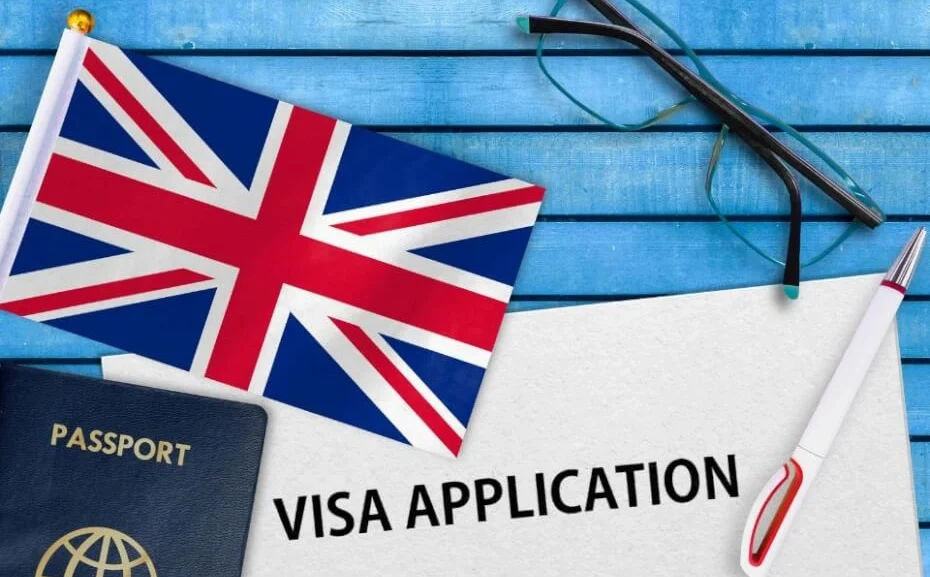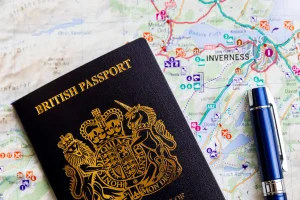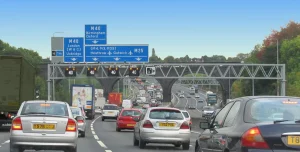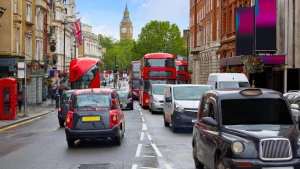When planning to travel or relocate to the United Kingdom, one of the most pressing questions applicants ask is: “Is a police clearance certificate needed for a UK visa?” The answer depends on the type of visa you are applying for, the purpose of your travel, and your country of residence.
For some visa categories, such as skilled worker visas, student visas, and settlement routes, you may be required to present a police clearance certificate—often referred to as a criminal record certificate—as part of your application.
On this page, we will explore the role of the police clearance certificate in UK visa applications, the visa categories that require it, how to obtain one, and why it is important for immigration compliance.
As you already know, a police clearance certificate (PCC) is an official document issued by the police or other government authority in your country of residence, confirming whether you have a criminal record. It may also be called:
-
Criminal Record Certificate
-
Police Character Certificate
-
Certificate of Good Conduct
-
Criminal History Record
The UK Home Office uses this document to verify that visa applicants meet the character requirements and are not involved in crimes that could pose risks to public safety, security, or trust.
Is a Police Clearance Certificate Needed for a UK Visa?
Do you need a police clearance certificate for a UK visa? The need for a police clearance certificate depends on the visa category. Not every UK visa requires one, but many long-term routes and jobs that involve working with vulnerable people (like healthcare, teaching, or childcare) do.
Visa categories where a PCC is often required:
1. Skilled Worker Visa (Health and Care route)
- Applicants coming to the UK to work in healthcare, social care, or teaching roles must provide a criminal record certificate from every country where they have lived for 12 months or more in the last 10 years.
2. Student Visa (Certain Courses)
- While a general student visa may not always require a PCC, those applying for courses related to health, social care, or education may be asked to provide one.
3. Spouse or Family Visa (Settlement Route)
- If you are joining a partner or family in the UK for settlement, the Home Office may ask for a police clearance certificate to ensure compliance with public interest rules.
4. Tier 2 (General) Visa – Predecessor to Skilled Worker Visa
- Previously, applicants under the Tier 2 route in sensitive roles had to submit a PCC, and this requirement still applies under the Skilled Worker framework.
5. Other Specialist Visas
- Certain categories, like work in education, voluntary roles with children, and other jobs listed in the UK Immigration Rules Appendix Skilled Occupations, may trigger the requirement.
Visa categories where a PCC is not always required:
-
Visitor Visa (tourism, short-term visits)
-
Short-term Study Visa (courses under six months)
-
Business Visitor Visa (attending conferences, meetings, training)
For these short-term visas, the Home Office usually does not ask for a police clearance certificate.
Why is the Police Clearance Certificate Important for UK Visas?
The UK government emphasizes safeguarding, public trust, and national security. A PCC plays an important role in:
-
Verifying character suitability – ensuring applicants meet immigration requirements.
-
Protecting vulnerable populations – healthcare and education workers are screened to prevent harm to patients, children, and the elderly.
-
Strengthening application credibility – providing a PCC reduces the chance of visa refusals based on “character grounds.”
-
Complying with international standards – many countries, including Canada, Australia, and New Zealand, also require similar certificates.
READ ALSO:
How to Obtain a Police Clearance Certificate for a UK Visa
The process of obtaining a PCC varies depending on your country of residence. Below is a general guideline:
1. Identify the Issuing Authority
- In the UK, the ACRO Criminal Records Office issues police clearance certificates.
- Outside the UK: Apply through your national police department, Ministry of Interior, or embassy.
2. Submit an Application
- Applications are often online or paper-based. You may need to provide identification documents (passport, ID card, residence permit).
3. Provide Supporting Documents
- Passport biodata page
- Proof of residence (utility bills, tenancy agreement)
- Passport-sized photographs
4. Pay the Required Fee
- Fees vary from country to country. For example, ACRO in the UK charges around £55 to £95 depending on processing speed.
5. Receive the Certificate
- Processing time can take between 2 and 6 weeks depending on the issuing authority.
How Long is a Police Clearance Certificate Valid for a UK Visa?
The UK Home Office typically expects the certificate to be issued within the last 6 months at the time of submission. Older certificates may not be accepted, especially for sensitive roles.
Therefore, it is advisable to apply for your PCC close to the time of your visa application to ensure it is current and valid.
Common Mistakes Applicants Make with PCC for UK Visa:
-
Submitting outdated certificates. Always ensure your PCC is less than 6 months old.
-
Not providing certificates from all relevant countries. If you have lived in multiple countries for more than 12 months, you must provide a PCC from each.
-
Ignoring job role requirements. Even if the visa itself doesn’t mandate it, your occupation may trigger the need for a PCC.
-
Late applications. Since PCCs can take weeks to obtain, apply well in advance of your visa application deadline.
Tips for a Smooth Visa Application with PCC
-
Start early. Apply for your PCC as soon as you plan to submit your visa application.
-
Check UK Government Guidance. Always review the latest requirements on the official gov.uk website for your visa type.
-
Keep multiple copies. You may need to submit both physical and digital versions.
-
Translate if required. Non-English certificates must be translated by a certified translator.
-
Retain receipts and proof of application. These may be useful if delays occur.
So, is a police clearance certificate needed for a UK visa? The answer is yes—but only for certain visa categories.
If you are applying for a skilled worker visa (especially in healthcare, social care, or teaching), a student visa in sensitive fields, or a family/settlement visa, you will likely need to provide a PCC. On the other hand, short-term visas like visitor visas usually do not require one.
A police clearance certificate reassures the UK Home Office of your suitability, strengthens your application, and speeds up the decision-making process.
To avoid delays or refusals, always confirm the requirements for your visa category, obtain a recent certificate, and prepare your documents well ahead of time.
Ultimately, while not every applicant needs a PCC, those who do should treat it as a vital step in their immigration journey to the UK




